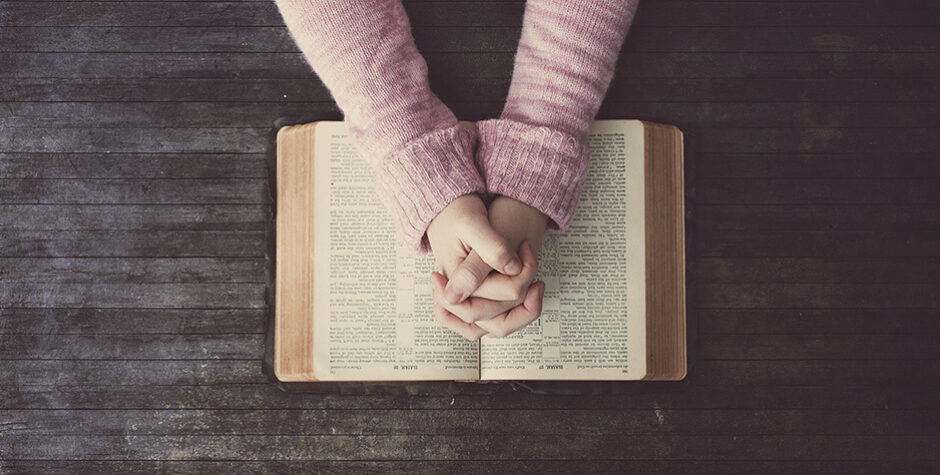School Backs Down After Confiscating 2nd Grade Little Girl’s Bible at School – a Victory for Religious Liberty
A little girl had her Bible confiscated by school officials. How could this still be happening in America?
From our founding in 1990, the American Center for Law and Justice (ACLJ) has been at the forefront of defending the First Amendment rights of students to pray, evangelize, read their Bibles, and, generally speaking, engage in religious expression in public schools. Our Chief Counsel, Jay Sekulow, argued and won two of the most consequential Supreme Court victories in this area – victories that ought to have made clear that the First Amendment does indeed apply to students at every level of the school system. Lamb’s Chapel v. Center Moriches Sch. Dist., 508 U.S. 384 (1993) (holding that denying a church access to public school premises to show a film series violated the First Amendment); Bd. of Educ. v. Mergens, 496 U.S. 226 (1990) (holding that allowing a student Bible club to meet on a public school’s campus did not violate the Establishment Clause).
It’s somewhat amazing then that we continue to see cases arise around the country where local school officials still don’t seem to have gotten the message.
We recently heard from the parents of Gabrielle, a second grader in Illinois. It seems Gabrielle likes to bring her Bible to school and read it during recess. Sometimes she reads it aloud, and sometimes other kids listen in and talk with her about what she’s reading. Constitutional crisis? It shouldn’t be; but little Gabrielle had her Bible taken away by a teacher and was told, “You just can’t be doing that.”
Next, the school contacted Gabrielle’s parents and told them their little girl could not read the Bible during recess. When the parents pushed back, the school backed off a bit – she could read it during outside recess but not during inside recess. The school confirmed that no student nor any parent of any student had complained about Gabrielle’s reading or even mentioned it. It was a simple case of public school officials’ hypersensitivity to the specter of a threat from the ACLU or some similar spreader of long-debunked propaganda about “separation of Church and State.”
Once we heard from Gabrielle’s parents, we immediately sent our own letter to the school. No threats. No demands. Just an amicable attempt to educate the educators. We let them know about the now half-century-old Supreme Court case of Tinker v. Des Moines Independent School District, 393 U.S. 503 (1969). In Tinker, students wore black armbands on their sleeves to exhibit their disapproval of the Vietnam War and were sent home and suspended from school. Ruling in the students’ favor, the Supreme Court in Tinker held that students do not “shed their constitutional rights to freedom of speech or expression at the schoolhouse gate.”
Tinker – and a couple dozen other cases since then – made clear that a student may not be prohibited from expressing his or her views on politics or religion unless the school has reason to believe that the speech or expression will “materially and substantially disrupt the work and discipline of the school.”
Since we were able to show that in Gabrielle’s case there wasn’t even a hint of disruption of the work and discipline of the school – not even a complaint – there was no reason to crack down on a second grader’s reading of her Bible on the playground or in the classroom during recess. We’re happy to report that after reviewing our letter, the school thanked us for educating them and removed all restrictions on Gabrielle’s reading.
At the ACLJ, we will continue aggressively defending the right of students to religious free exercise in school. Case by case, contact by contact, we won’t stop. The law is clear. If your student is facing religious discrimination in public school, reach out to us at ACLJ.org/HELP.
